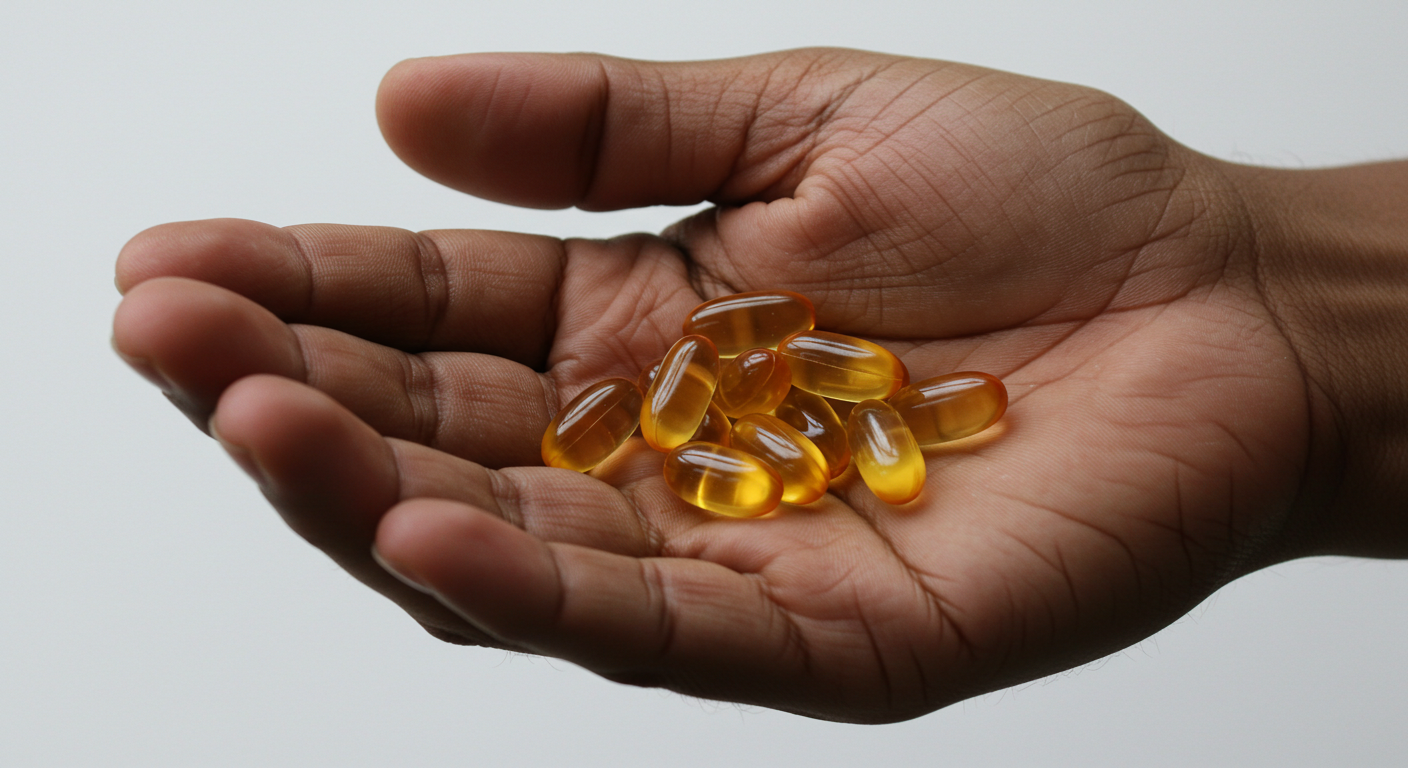Dr. Kumar’s Take:
This review of over 100 studies confirms what many integrative physicians have long suspected—vitamin K2 does far more than help clot blood. It’s deeply involved in how our bodies manage calcium. It helps build stronger bones, keeps arteries from hardening, may protect brain health, and possibly improves outcomes in infections like COVID-19. It’s time we stop thinking of vitamin K as just a coagulation factor and start recognizing it as a system-wide regulator of calcium and inflammation. For patients, this means considering vitamin K2 as part of your long-term plan for bone and heart health—especially if you’re taking vitamin D or calcium.
Key Takeaways:
✔ Vitamin K2 helps strengthen bones by activating osteocalcin and suppressing bone breakdown.
✔ It prevents harmful calcium buildup in arteries by activating matrix Gla protein (MGP).
✔ K2 may protect brain health and improve mitochondrial function.
✔ K2 levels are often low in older adults, people with chronic disease, or those on warfarin.
✔ Supplementation is safe, but more human trials are needed to confirm benefits across conditions.
Actionable tip:
If you take vitamin D or calcium, consider adding a daily dose of vitamin K2 (MK-7) to help direct calcium to your bones instead of your arteries. Look for doses around 180–375 mcg/day, unless otherwise guided by a physician.
Brief Summary:
This 2023 review summarized hundreds of studies on vitamin K2 (menaquinone), showing that it supports bone health, prevents vascular calcification, aids mitochondrial energy production, protects the brain, and may benefit liver health and immunity. The authors highlight vitamin K2’s broad role in calcium regulation and the activation of key proteins like osteocalcin, MGP, and Gas6. Evidence from both animal and human studies points to its potential as a therapeutic tool in osteoporosis, cardiovascular disease, neurodegeneration, and COVID-19.
Study Design:
The authors performed a wide-ranging review of both clinical and laboratory studies on vitamin K2. They pulled data from over 20 years of research, including in vitro, animal, and human trials. They focused on studies addressing bone metabolism, cardiovascular health, neurological function, mitochondrial activity, and infectious disease, particularly COVID-19.
Results:
- Bone Health: K2 activates osteocalcin and MGP to promote bone formation and reduce bone resorption. Supplementation may reduce fracture risk and improve bone quality in postmenopausal women.
- Cardiovascular Protection: K2 helps prevent artery calcification by activating MGP and supporting Gas6/Axl signaling, reducing arterial stiffness and valvular calcification.
- Neuroprotection: K2 may support cognitive function and protect brain cells through antioxidant and anti-inflammatory pathways, as well as by supporting sphingolipid metabolism.
- Liver and Mitochondria: It may support liver regeneration and show anticancer effects in hepatocellular carcinoma cells. K2 has shown mixed results as a mitochondrial electron carrier.
- COVID-19: Low K2 status is linked with worse outcomes. K2 may prevent elastic fiber degradation and thrombosis in COVID-19 by activating MGP and Protein S.
- Menopausal Health: May reduce osteoporosis progression and arterial stiffness when combined with calcium and vitamin D.
How Vitamin K2 Works:
Vitamin K2 helps proteins in the body bind to calcium properly through a process called carboxylation. Without K2, calcium can go to the wrong places—like soft tissues and arteries. K2 activates osteocalcin (for bone mineralization) and matrix Gla protein (to prevent vascular calcification). It also supports mitochondrial function and modulates oxidative stress and inflammation.
Related Studies and Research
A comprehensive 2023 review of vitamin K2’s roles in cardiovascular, bone, and metabolic health. – In-depth summary of the latest clinical and mechanistic research on K2.
Explores how vitamin K2 may influence heart disease outcomes, focusing on arterial stiffness and calcification. – Foundational overview of K2’s cardiovascular effects.
Discusses how vitamins D and K work together to support both bone density and cardiovascular protection. – Examines combined supplementation benefits on vascular and bone markers.
Highlights findings from the Rotterdam Study on vitamin K2 and its potential to reduce cardiovascular mortality. – Population-level evidence of K2’s mortality benefit.
Meta-analysis showing vitamin K’s effect on arterial calcification progression in different populations. – Quantifies K’s impact on calcification across trials.
Frequently Asked Questions
What is the difference between vitamin K1 and K2?
Vitamin K1 is mostly used in the liver for clotting. Vitamin K2 travels to bones, blood vessels, and other tissues where it activates proteins that manage calcium.
What are the best food sources of vitamin K2?
Fermented foods like natto (MK-7), certain cheeses (MK-8, MK-9), and animal products like liver and egg yolks (MK-4) are good sources.
How much vitamin K2 should I take?
Typical supplemental doses are 180–375 mcg/day for MK-7. Higher doses are often used in clinical settings. Always check with your doctor if you take blood thinners.
Does vitamin K2 interact with medications?
Yes—especially with warfarin and other vitamin K antagonists. Always consult your healthcare provider before starting K2 if you’re on anticoagulants.
Conclusion
Vitamin K2 plays a critical role far beyond blood clotting. This review highlights its importance in bone health, cardiovascular protection, brain function, and possibly even immune defense. While more human trials are needed, the available evidence strongly supports ensuring adequate K2 intake—especially for aging adults and those at risk of vascular or bone disease.


